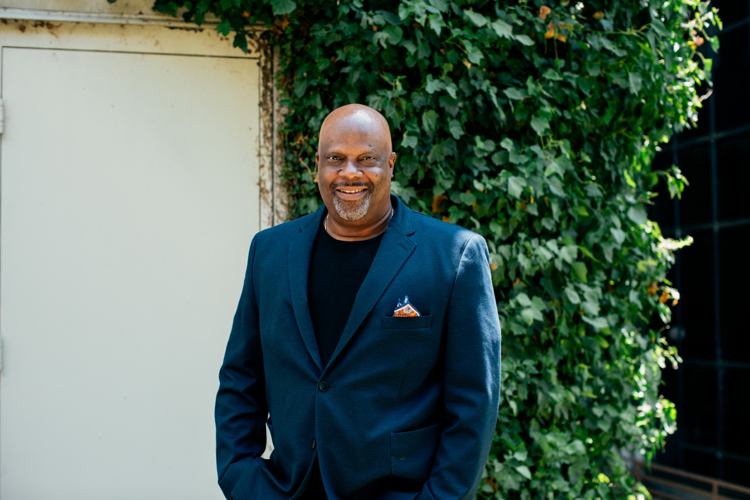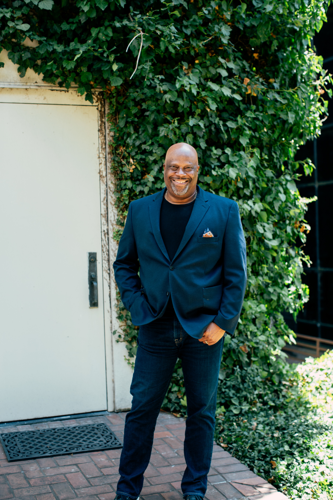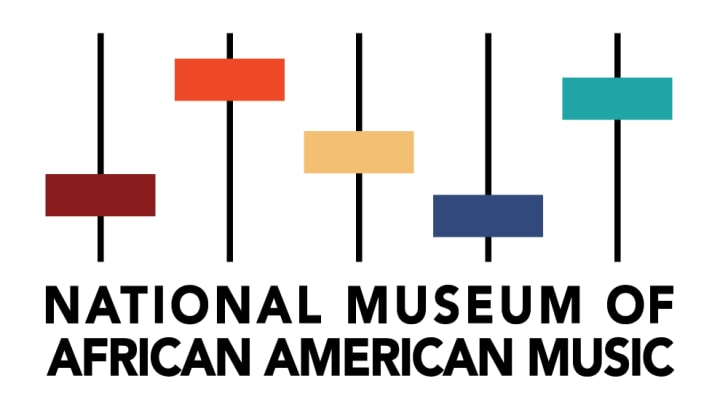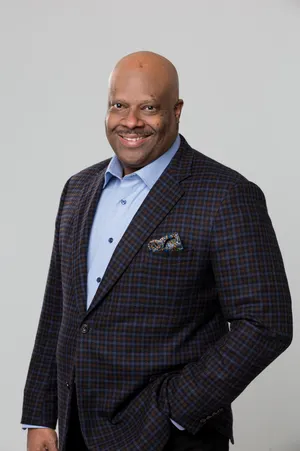H. BEECHER HICKS III ∙ NASHVILLE, TN NATIONAL MUSEUM OF AFRICAN AMERICAN MUSIC ∙ www.nmaam.org
hbeecherhicks
on
February 28, 2023
Industry – Arts and Music
DEFINING HIS LEGACY
“I am working to leave a legacy that propels my children forward. I want them to see that success is excellence in service to others and that, with that in mind, they can build a rewarding legacy of their own. Dreaming big is easy; legacies are created when you execute. The Black legacy in America is one of overcoming against impossible odds. I have a responsibility to follow that example so that the way is a little easier for my sons.”
– H. Beecher Hicks III
ABOUT HENRY
H. Beecher Hicks III’s professional experiences have focused on building enterprises as a consultant, banker, investor, and operating executive. Henry joined the National Museum of African American Music (NMAAM) in 2009 as a board member, becoming president and CEO in 2013.
The son of a preacher, Henry grew up in the church, where he developed a passion for music. He explored his talents as a member of the Glee Club at Morehouse College, where he earned a scholarship to sing and completed a Bachelor of Arts Degree in Marketing. After graduating from Morehouse, Henry earned an MBA in Finance from the University of North Carolina at Chapel Hill.
His banking experiences include roles as an investment banker at Bank of America in Charlotte, N.C., as an Operating Principal with Onyx Capital Ventures, and as a partner with the private equity group Red Clay Capital Holdings.
In 1998, President William J. Clinton appointed Henry to be a White House fellow. Henry is a member of the Board of Directors for Leadership Nashville and the Center for Nonprofit Management, and he is a mentor at the Nashville Entrepreneur Center. He served previously on the Board of Directors for the Nashville Convention and Visitors Corporation and United Therapeutics Corporation.
NATIONAL MUSEUM OF AFRICAN AMERICAN MUSIC
The National Museum of African American Music opened its doors in January 2021 in Nashville, Tennessee. NMAAM is the only museum dedicated to preserving and celebrating the many music genres created, influenced, and inspired by African Americans. The museum’s expertly-curated collections will share the American soundtrack’s story by integrating history and interactive technology to bring the musical heroes of the past into the present. NMAAM is the premier global destination for music lovers of all generations and inspires, educates, and transforms your appreciation of American music. Their mission is to educate the world, preserve the legacy, and celebrate the central role African Americans play in creating the American soundtrack.







